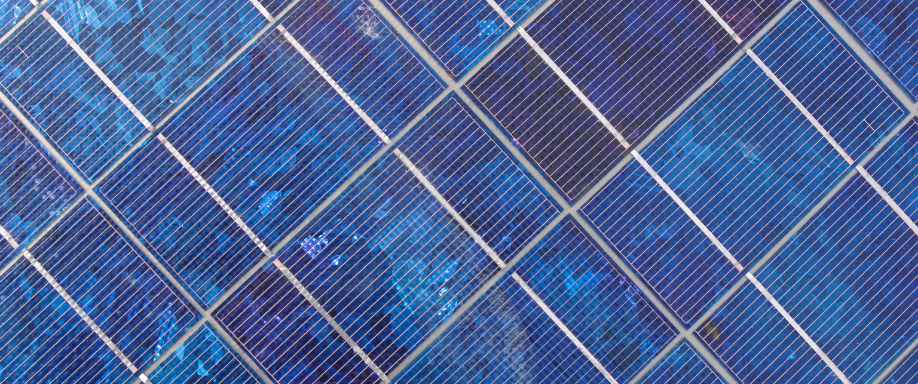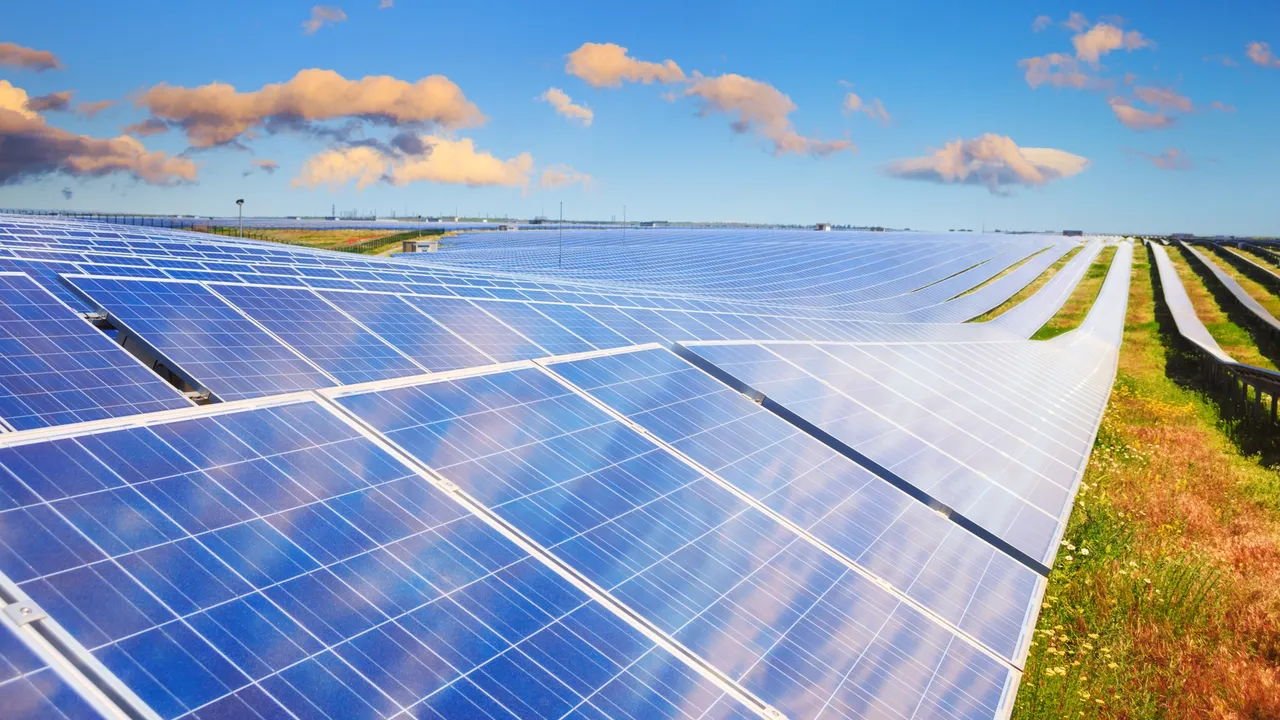
What are the advantages of passive solar energy?
Harnessing the Sun: Unveiling the Advantages of Passive Solar Energy
In the pursuit of sustainable and eco-friendly alternatives, passive solar energy has emerged as a beacon of hope. By harnessing the power of the sun, this innovative approach offers numerous advantages over traditional energy sources. In this article, we will explore the remarkable benefits of passive solar energy and shed light on its immense potential for a greener future.
Advantages of Passive Solar Energy:
Cost-Effective and Energy-Efficient Design
Passive solar energy systems are designed to maximize the utilization of natural sunlight and heat, resulting in reduced reliance on artificial lighting and heating. By integrating passive solar design principles into buildings, homeowners and businesses can significantly decrease their energy consumption, leading to substantial cost savings. The strategic placement of windows, proper insulation, and the use of thermal mass materials all contribute to optimizing energy efficiency.
Environmental Sustainability
One of the most significant advantages of passive solar energy is its positive impact on the environment. Unlike fossil fuel-based energy sources, passive solar systems generate zero greenhouse gas emissions during operation. By minimizing the reliance on non-renewable energy, passive solar energy helps mitigate climate change, reduce air pollution, and preserve precious natural resources. Embracing this sustainable solution can contribute to a cleaner, greener planet for future generations.
Improved Indoor Comfort and Well-being
Passive solar design incorporates elements that enhance indoor comfort and well-being. Large windows and skylights allow ample natural light to enter the living or working space, creating a bright and inviting atmosphere. Additionally, passive solar systems regulate indoor temperature more effectively, reducing the need for artificial heating or cooling. This balance not only improves occupant comfort but also promotes a healthier indoor environment.
Reliability and Durability
Passive solar energy systems are known for their reliability and durability. With no mechanical or electrical components to maintain or replace, the likelihood of system failures is significantly reduced. Properly designed passive solar systems can last for several decades with minimal upkeep, providing long-term energy solutions without the need for frequent repairs or replacements. This reliability contributes to the overall cost-effectiveness and sustainability of passive solar energy.
Comparison Table:
| Advantage | Passive Solar Energy | Traditional Energy Sources |
|---|---|---|
| Cost-Effectiveness | ✓ | ✗ |
| Environmental Sustainability | ✓ | ✗ |
| Improved Indoor Comfort | ✓ | ✗ |
| Reliability and Durability | ✓ | ✗ |
Note: This table provides a simplified comparison between passive solar energy and traditional energy sources, highlighting the advantages of passive solar energy in each category.
Conclusion:
The advantages of passive solar energy make it a compelling choice for a sustainable and efficient energy future. From its cost-effective design and environmental sustainability to improved indoor comfort and long-term reliability, passive solar energy systems offer a range of benefits that can transform the way we power our homes and buildings. By harnessing the sun’s power, we can create a brighter and greener future for generations to come.
Read more about: Passive vs Active solar energy





